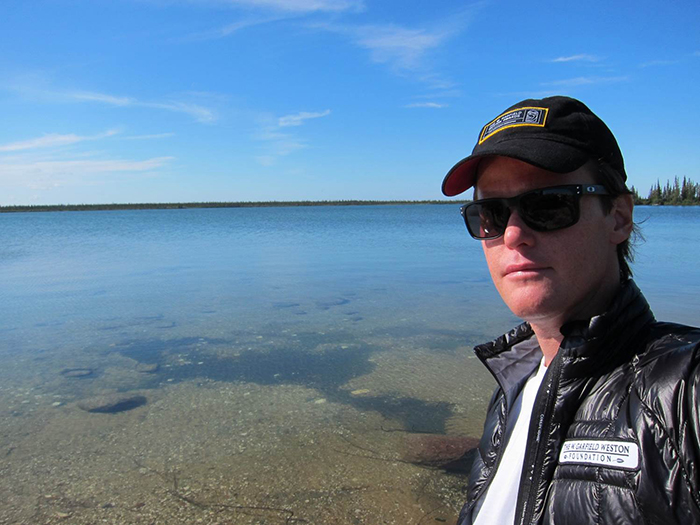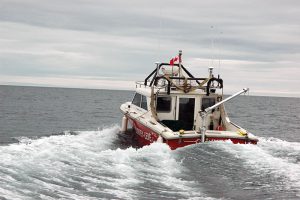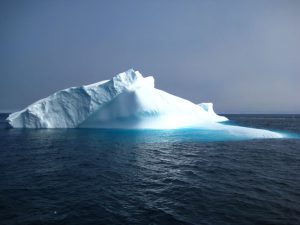
People & Culture
How to photograph the northern lights at lower latitudes
This photog lives in southern Ontario, but still gets amazing photos of the northern lights. Here’s how.
- 1777 words
- 8 minutes
This article is over 5 years old and may contain outdated information.
History

THE 2014 VICTORIA STRAIT EXPEDITION might not uncover the final resting place of the HMS Erebus and HMS Terror, but even if the ultimate fate of Franklin’s lost ships is not revealed during this year’s search, Canadians still stand to benefit.
We want this summer’s search to shine a light on Canada’s North, its history and importance,” says Geordie Dalglish, Director of The W. Garfield Weston Foundation. “We want to bring stories of the Arctic to Canadians all across the country. We are pleased to support The Royal Canadian Geographical Society to do just that through their public outreach and educational programming.”
The W. Garfield Weston Foundation has supported more than 175 northern scholars, from those at the beginning of their careers to those who have dedicated a lifetime to northern research. The Victoria Strait Expedition builds on this quest for understanding.
“The work being done will help spread the word, not only about the Franklin Expedition itself, but also about this vast landscape.” Dalglish says. “There is a need to gain more knowledge about the North to inform our country’s social, environmental and economic decision making.”
Dalglish notes that this summer’s expedition will further our geographical knowledge of the North by mapping previously uncharted parts of the sea floor in the Victoria Strait, and the compelling story of Franklin and his crew could help capture Canadians’ imagination and catalyze a new generation of northern researchers.
“This summer’s expedition will highlight northern issues for all Canadians, bringing greater awareness of the importance of the communities in the North and the issues that they face. In Canada, history and geography have always been intertwined. The story of Franklin’s lost ships is emblematic of Canada itself.”
Are you passionate about Canadian geography?
You can support Canadian Geographic in 3 ways:

People & Culture
This photog lives in southern Ontario, but still gets amazing photos of the northern lights. Here’s how.

History
This year's search is about much more than underwater archaeology. The Victoria Strait Expedition will contribute to northern science and communities.

People & Culture
Since International Polar Year, The W. Garfield Weston Foundation has acted as a catalyst for northern research, funding over 90 scientists at the postdoctoral, Ph.D. and master’s level from universities across Canada

Environment
Tracking the country’s extreme weather events to answer the question: are storms getting worse?